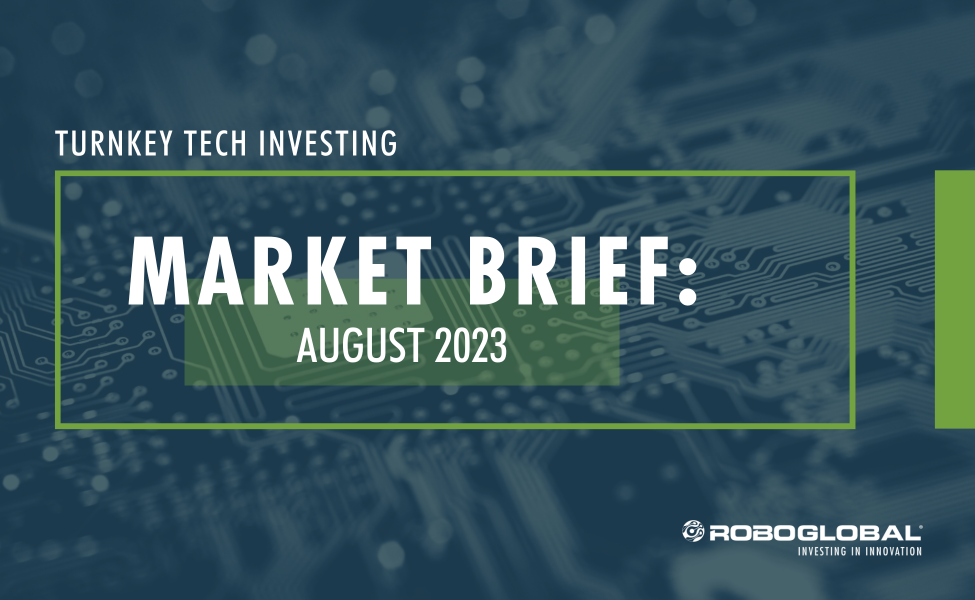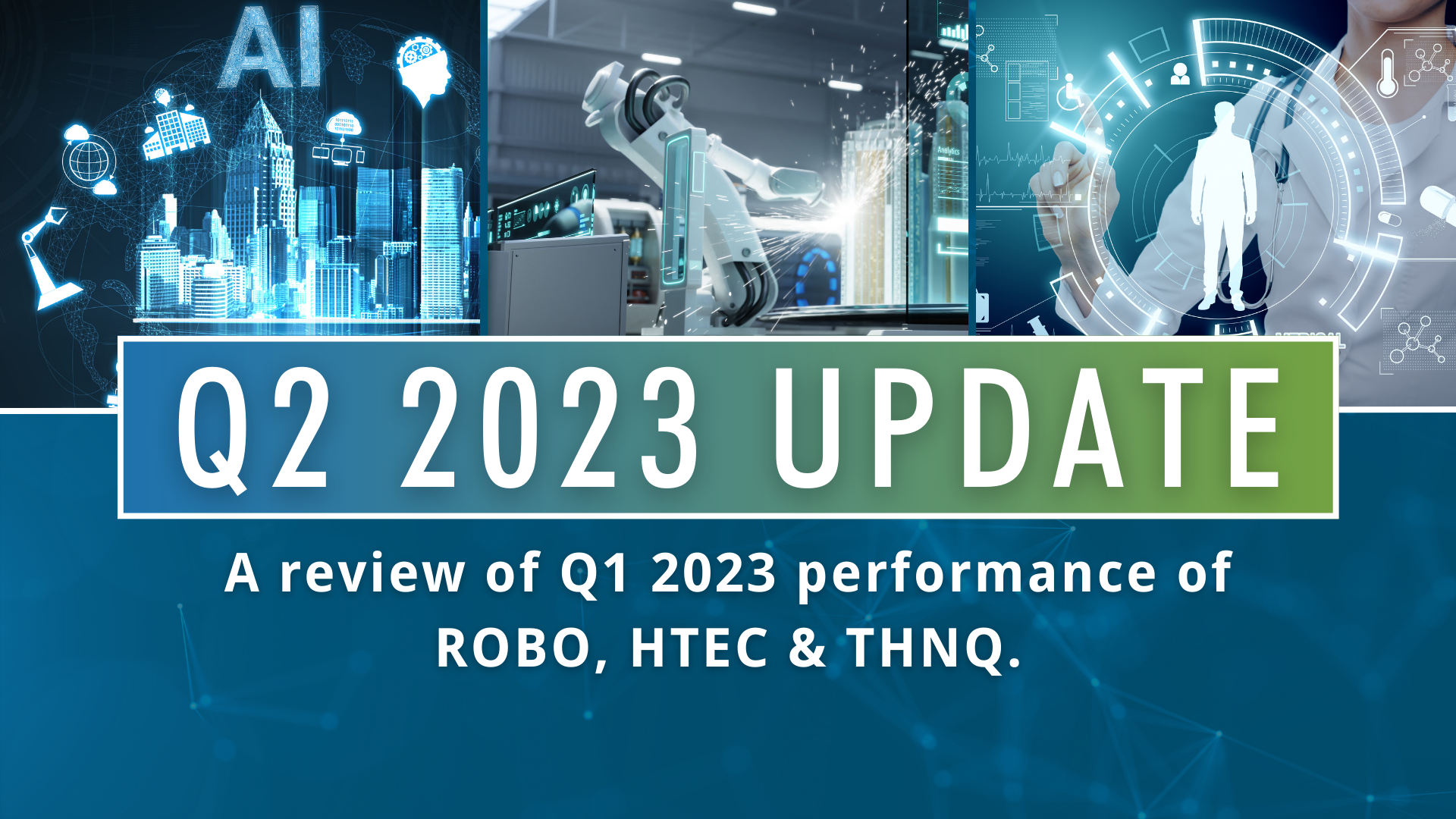Genomics companies have been all the rage over the last few years as technologies like next gen sequencing and cancer testing have been capturing investor attention. Lately these stocks have taken a back seat. To illustrate, the Genomics subsector of the HTEC Index has pulled back nearly 60% from its highs in February 2021. Much of the sell-off appears more tied to the same macro drivers impacting sentiment for high-growth smid cap companies, such as rising interest rates, inflation, supply chain constraints, and ongoing COVID-related lockdowns in various parts of the world. We believe the group is now oversold, and investment opportunities abound.
Within the genomics space, there remain several gems that have rich R&D pipelines, and a long runway for growth in the respective markets in which they serve. HTEC Index members like Guardant, Natera, and Akoya have the potential to drive the most compelling themes in healthcare, like early disease detection, and personalized medicine.
The world awaits Guardant’s blood test to screen for colorectal cancer
One of the most anticipated data reads in years is approaching this summer, as the world awaits results from Guardant’s ECLIPSE trial. Guardant is an innovative company that offers genetics tests that help physicians determine which therapies to use to treat cancer. The company spent the last two years recruiting more than 12,000 patients to participate in a study to evaluate the performance of a new blood test used to detect colorectal cancer.
This test is just one of many in development in the liquid biopsy industry, an area that has seen more than $15 billion in investment in just the last few years, as companies seek to service a $75 billion market opportunity. Liquid biopsy tests are essentially blood tests that can detect DNA that sheds off of other things in the body, like a developing fetus, or a cancer tumor. If Guardant’s test proves it can detect cancer as well as the current gold standard (Exact Science’s Cologuard at-home stool sampling kit), this could be a positive for the whole liquid biopsy industry because it would validate that it works and provide a convenient alternative to the market. We believe that it would also catalyze much more investment in the space as other companies race to bring more liquid biopsy tests to market. An estimated 100,000 lives could be saved annually with earlier cancer detection, and Exact Sciences, Illumina, Roche, and Natera are examples of other HTEC companies going after this market.
Genomics innovation is fueling precision medicine
While the world gets better at diagnosing cancer earlier, biotech companies can develop treatments for these cancers in tandem, and there are so many angles through which genomics companies can service biotech demand. Akoya specializes in spatial biology instrumentation, which helps add more layers of context to tumor tissue samples. With greater context, biotech companies can more closely tailor a therapy with the aim of improving its effectiveness in fighting a disease. Twist, a technology disruptor specializing in DNA synthesis, can create a vial known as a library, which contains a billion DNA mutations that pharma companies can use to select the right antibody needed for a treatment.
From early idea to commercialization, looks like a job for Process Automation
Once DNA has been sequenced and treatment targets have been identified, new treatments have to undergo clinical trials before coming to market. Many biotech companies, from start-up to multi-billion-dollar revenue generators, need additional help to commercialize new therapies. The HTEC Index provides exposure to these companies through our Process Automation subsector. It includes companies like Tecan, Thermo Fisher Scientific, Lonza, and Catalent, all of which specialize in manufacturing drugs for the companies that need to outsource. While they didn’t make as many headlines, many of these less-known companies were instrumental in getting COVID-19 vaccines across the finish line during the pandemic. This group also includes companies used for clinical trials, like IQVIA, the world market leader in outsourced clinical trials, specializing in data-driven analytics to improve clinical trial efficiency. IQVIA helps companies recruit trial participants and complete trials faster, which saves their clients millions of dollars on the cost of bringing drugs to market.
Investors can gain diversified exposure to these themes with HTEC. Genomics comprises 12% of the overall HTEC portfolio, precision medicine 15%, and process automation 13%. The companies described above are in HTEC within one of these three subsectors.





